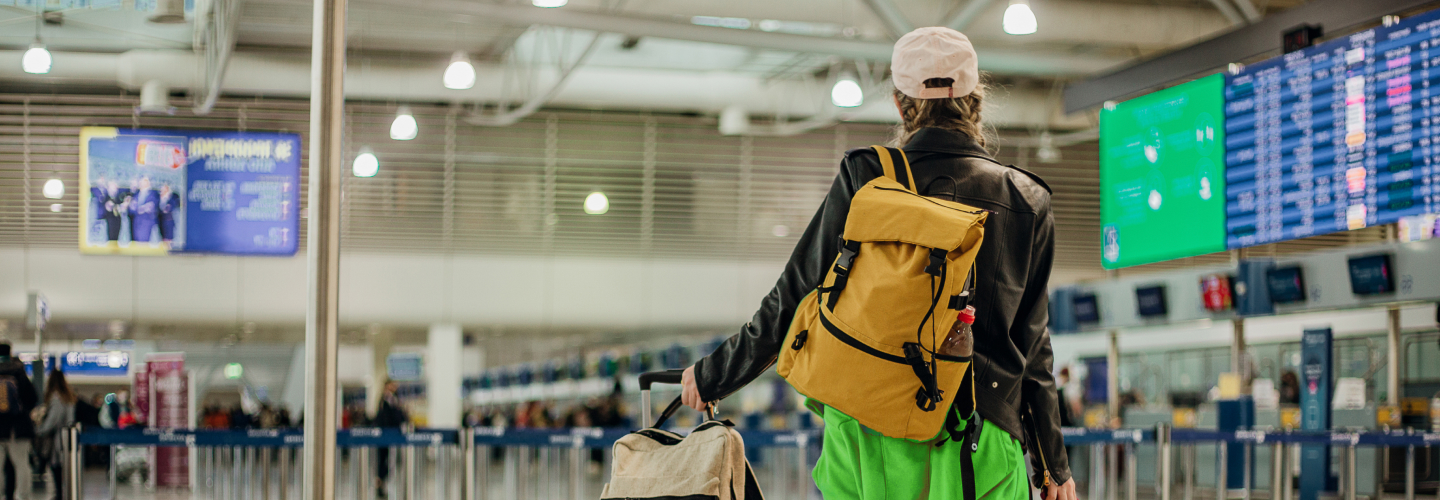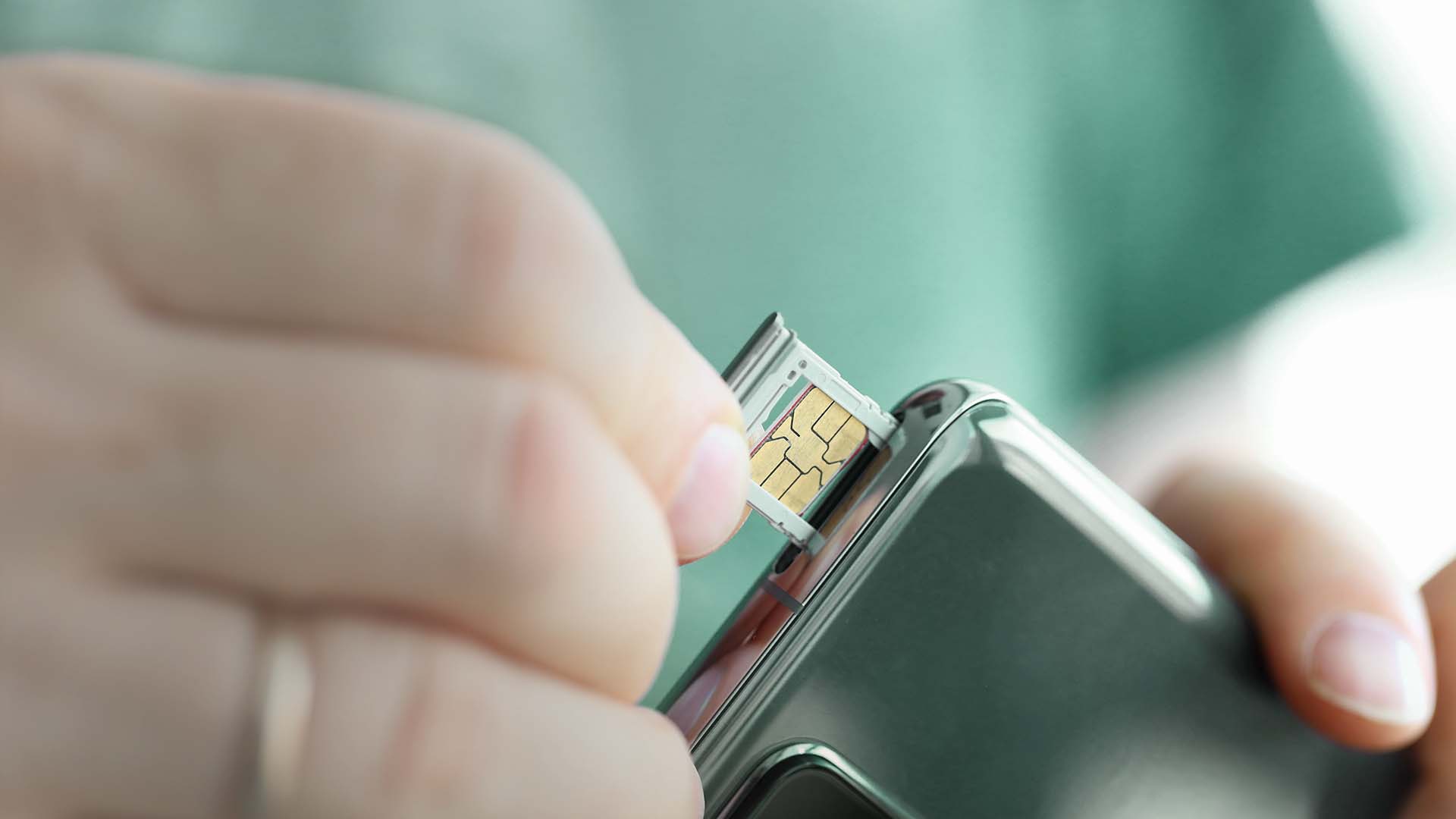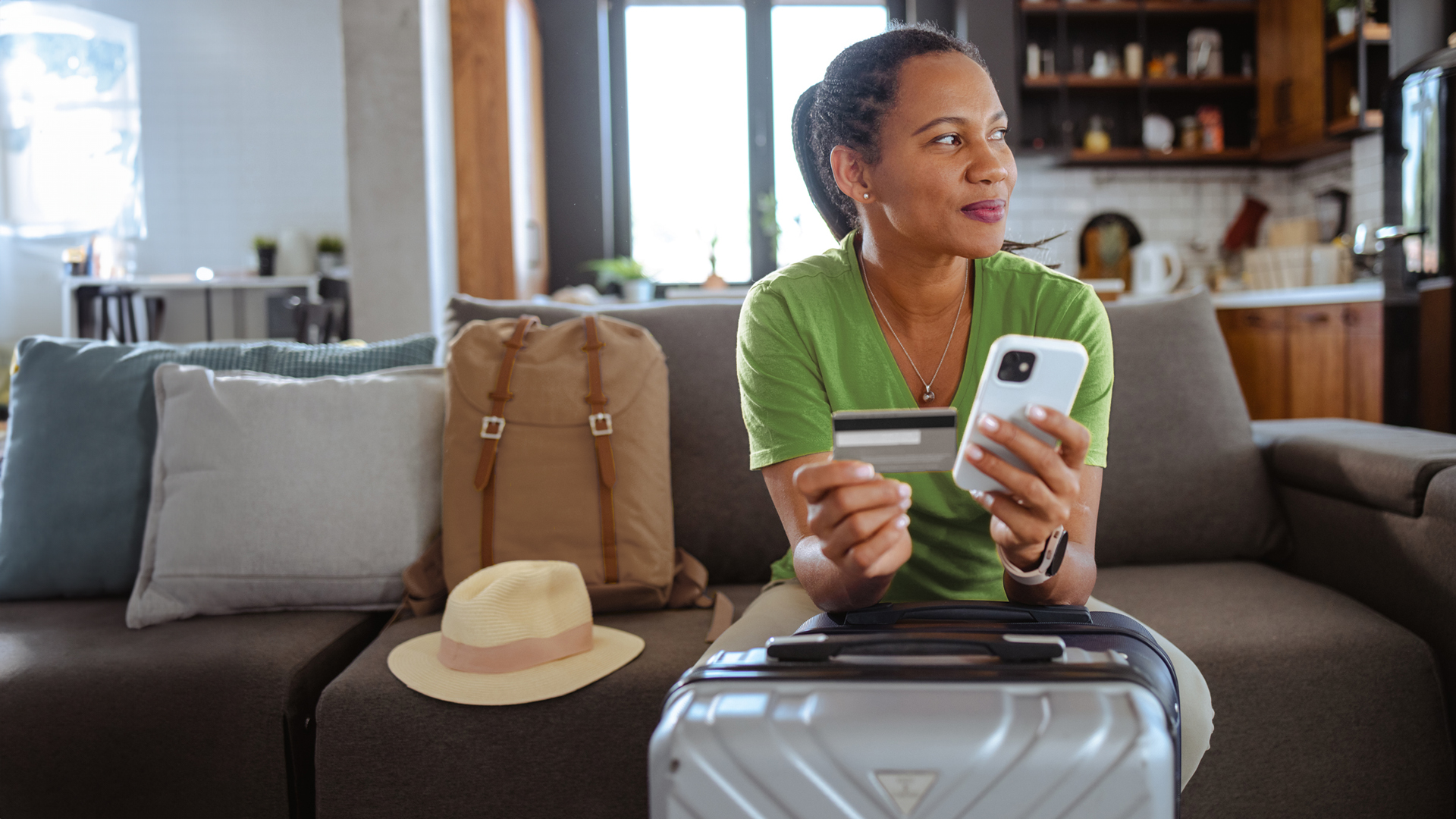A birth certificate is undoubtedly the most important document you’ll own, as it officially gives you a legal identity. It also provides you with an ID number that you’ll use for life. Your ID number links everything from your bank account to your official records, making it easy to identify you in various situations.
Regular vs unabridged birth certificate
A regular birth certificate provides essential information about your birth, like your name, birth date, and place of birth. It’s suitable for everyday purposes, like school enrolment and getting a driving licence.
An unabridged birth certificate (UBC) offers a comprehensive view of your birth details. It includes your personal information and provides the full names and ID numbers of both parents. This level of detail is crucial for legal matters like immigration, handling inheritances and resolving family-related legal proceedings.
When you travel internationally with a child, you need a UBC to confirm the parent-child relationship – this plays a vital role in preventing child trafficking. In short, while a regular birth certificate serves everyday purposes, a UBC is needed for legal and international matters.
How to get an unabridged birth certificate
If your child was born after 14 March 2013, they should already have a UBC.
If your child was born on or before 14 March 2013, as the parents or guardians you must apply for a UBC at Home Affairs, and take the following documents along:
- A copy of your IDs.
- A copy of your child’s abridged birth certificate or their ID number.
The fee for issuing a UBC is currently R75, and the processing time can take up to 8 weeks.
It’s crucial to submit original documents or certified copies for your application
Travel requirements for children
If the child is travelling alone or with another child, they must have the following documents with them:
- Their passport and visa (if required).
- Their UBC.
- Details of the person they’ll be staying with – such as the person's name, surname and physical address.
When you’re an adult or adults travelling with a child, you must have all the following documents with you:
- Your own ID or passport and visa (if required).
- The child’s passport and visa (if required).
- The following documents for the child, depending on the circumstances:
- If both parents are travelling with the child: Their UBC.
- If only 1 parent is travelling and you’re not widowed or divorced: The child’s UBC and an affidavit, not older than 3 months, from the other parent or legal guardian of the child, granting permission for the child to travel with you.
- If you’re divorced and have full custody: The child’s UBC and a court order confirming that you have full custody.
- If you’re divorced and have joint custody: The child’s UBC, and either an affidavit, not older than 3 months, from the other parent or legal guardian of the child, or a court order, granting permission for the child to travel with you.
- If 1 parent is deceased: The child’s UBC and the deceased parent’s death certificate.
- If the child is with someone other than their parent (like an adult friend or relative): The child’s UBC and an affidavit, not older than 3 months, from the parents or legal guardians of the child, granting you permission to travel with the child, contact details for and copies of the identity documents or passports of the parents or legal guardians of the child.
- If the child is adopted: Their UBC with the adoptive parent’s name or an adoption court order.
- If the child is in alternative care: A certified copy of an authorisation letter from the provincial head of the Department of Social Development where the child resides granting permission to allow the child to travel.
All documents must either be originals or officially verified copies. These rules are in place to protect children when they travel.
Apply for your passport and ID card online
Nedbank has made it simple for you to get your South African ID cards and passports, by hosting Home Affairs offices inside participating Nedbank branches. Apply online through the e-Home Affairs website, complete the registration, upload your documents, pay the fee and make an appointment. at a participating Nedbank branch. Visit the branch at the time of your appointment to have your biometrics taken. We’ll send you an SMS when your card is ready.








